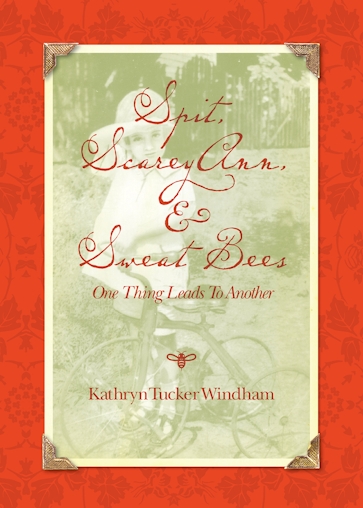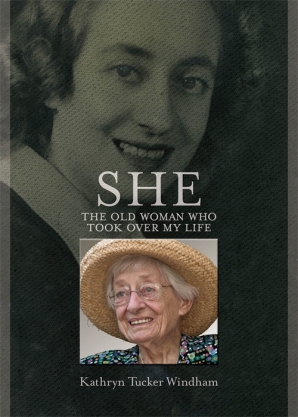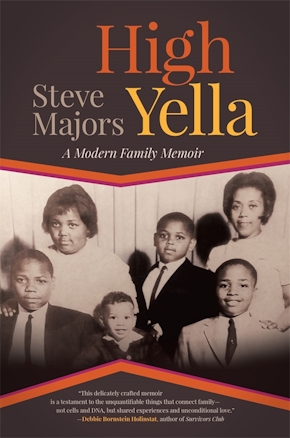Spit, Scarey Ann, and Sweat Bees
One Thing Leads to Another
Title Details
Pages: 112
Trim size: 5.000in x 7.000in
Formats
Hardcover
Pub Date: 09/01/2009
ISBN: 9-781-5883-8240-5
List Price: $20.00
eBook
Pub Date: 09/01/2009
ISBN: 9-781-6030-6114-8
List Price: $19.95
Imprint
NewSouth BooksRelated Subjects
Spit, Scarey Ann, and Sweat Bees
One Thing Leads to Another
Skip to
- Description
- Reviews
- Awards
With sprightly humor and a lifetime spent observing Southern culture, beloved storyteller Kathryn Tucker Windham shares memories of her childhood in Thomasville, Alabama. She affectionately recounts stories about family members, friends, and favorite pastimes.
Spit, Scarey Ann, and Sweat Bees recalls small-town life in the 1920s and '30s, garnished with ruminations about folktales and superstitions. Mrs. Windham recalls how Thurza, the family cook, tucked a wooden match in her hair to cure a headache, and how her father spit in his hat when a rabbit crossed the road. She ponders the origins of old sayings and the creativity of children’s play before television and air conditioning.
One thing leads to another, Mrs. Windham says, ticking off the items she wants us not to forget. In every phrase, the reader hears her voice, almost as if our favorite storyteller was in the room.
—Rebecca Dempsey, First Draft
—Nancy Anderson, The Alabama Review
—Carla Jean Whitley, reporter, Birmingham Magazine
Winner
Alabama Living Legacy Award, Samford University



